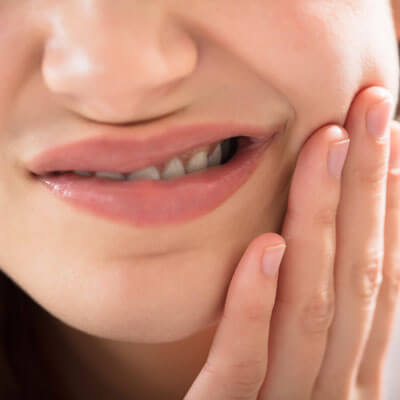 While we can do everything possible to safeguard our smile, sometimes accidents happen, which can take a toll on our teeth. Dental trauma refers to any injury to the teeth, gums or jawbone due to accidents, sports injuries or unexpected falls. Such injuries can range from mild chips to severe dislocations. Recognising the urgency and knowing how to respond can significantly impact the outcome of your treatment.
While we can do everything possible to safeguard our smile, sometimes accidents happen, which can take a toll on our teeth. Dental trauma refers to any injury to the teeth, gums or jawbone due to accidents, sports injuries or unexpected falls. Such injuries can range from mild chips to severe dislocations. Recognising the urgency and knowing how to respond can significantly impact the outcome of your treatment.
Cases That Demand Immediate Attention
Urgent dental emergencies include traumatic injuries like knocked-out teeth or infections that affect a patient’s breathing or swallowing. These cases demand immediate attention. For example, if someone falls and injures their teeth or experiences facial swelling that compromises the airway, they should call their dentist promptly or go to a hospital’s Emergency. In these situations, most practices, including ours, will prioritise care, even if it means adjusting the day’s schedule.
Less Urgent Dental Issues
While not immediately life-threatening, less urgent situations still warrant prompt attention. These can include broken or significantly sensitive teeth, painful wisdom teeth and dental infections causing significant discomfort. While they might not require immediate same-day care, addressing them before they worsen is essential.
Sports Injuries and Dental Trauma
Sports injuries often fall into the urgent category due to their unpredictable nature and the potential for severe damage. If a tooth gets knocked out, placing it in milk keeps the cells alive, increasing the chances of successful reattachment. Speed is crucial with these injuries, so seeking dental care as quickly as possible is vital.
We’re Here to Help
Whether it’s an urgent trauma or a less severe dental issue, our practice ensures that patients receive prompt, compassionate care. For emergencies, call us at (02) 9412 4488 or send a message explaining your situation. We’ll arrange to see you the same day or provide guidance on what steps to take.
Don’t delay getting the care you need to preserve your smile.
* Any surgical or invasive procedure carries risks. Before proceeding, you should seek a second opinion from an appropriately qualified health practitioner.
